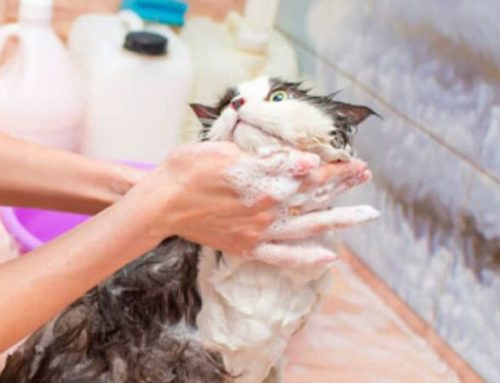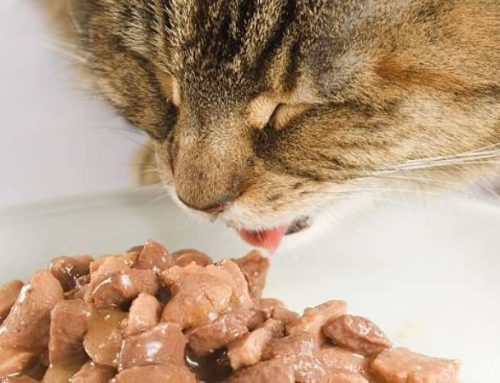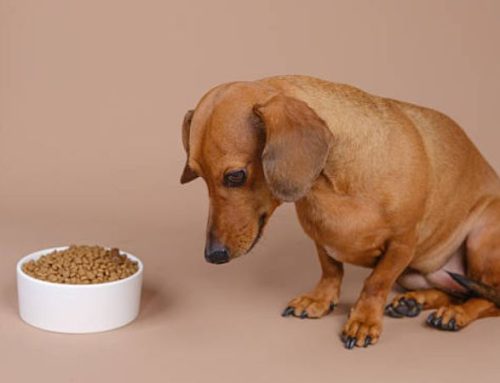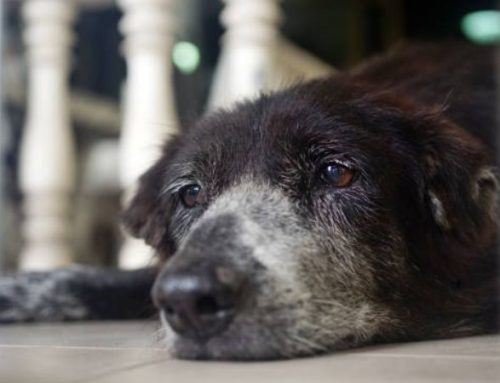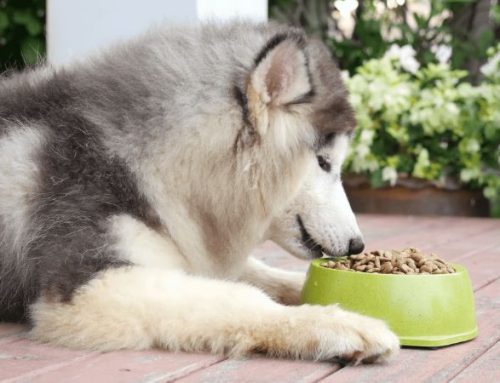Ever caught your cat giving your steaming mug of tea that curious, “what’s in there for me?” look? While it might seem harmless to let them sneak a sip, that innocent curiosity can quickly turn risky.
From black and green teas packed with caffeine to herbal blends hiding toxic plants, what’s soothing for you could spell trouble for your feline friend. Let’s unravel the truth behind whether tea is safe for cats and why some ingredients can do more harm than good.
Caffeine and Methylxanthine Toxicity

Why Caffeine is Different for Cats
Caffeine, a stimulant found in many foods and drinks, belongs to a class of compounds called methylxanthines, which also includes theobromine (found in chocolate). While humans can metabolize these compounds relatively quickly, cats metabolize methylxanthines much slower, which leads to a dangerous buildup in their system. This slow breakdown process increases the chances of toxic reactions in cats, even from small amounts of caffeine or theobromine.
Sources of Caffeine in Tea
Both black and green teas contain significant levels of caffeine. In fact, a standard cup of black tea can have up to 50 milligrams of caffeine, and even green tea, while lower in caffeine, can still be harmful to cats if ingested in enough quantity. Since cats are much more sensitive to caffeine than humans, it’s important to remember that even small sips or accidental consumption of tea can be hazardous to their health.
Symptoms of Caffeine Poisoning in Cats
Caffeine poisoning in cats can present itself in a variety of mild to severe symptoms, depending on how much caffeine the cat has consumed. These symptoms can develop as quickly as 30 minutes after ingestion and can last for several hours. Here’s a breakdown:
- Mild Symptoms
- Vomiting: Often the first sign of caffeine toxicity as the cat’s body attempts to expel the substance.
- Restlessness: Cats may appear hyperactive or agitated, unable to settle or relax.
- Moderate Symptoms
- Elevated Heart Rate: Cats may experience a noticeably faster heartbeat, which can be dangerous if prolonged.
- High Blood Pressure: This can lead to discomfort and other systemic issues.
- Severe Symptoms
- Tremors: Shaking or trembling of the body is a clear sign of nervous system distress.
- Seizures: In extreme cases, caffeine poisoning can lead to full-blown seizures, which can be life-threatening.
- Incoordination: A lack of coordination or an inability to walk normally could indicate severe toxicity.
- Collapse or Coma: If left untreated, the cat may collapse and enter a state of unconsciousness due to systemic failure.
If your cat exhibits any of these symptoms after consuming caffeine, it’s critical to seek veterinary help immediately. Early intervention can significantly improve the chances of recovery and minimize long-term effects.
Analyzing Traditional Teas (Black and Green)
Can Cats Have Black Tea?
The direct answer is no, cats should not have black tea. Black tea contains high levels of caffeine, which is toxic to cats and can lead to severe health issues. Cats metabolize caffeine much more slowly than humans, making them highly sensitive to its effects. Even small amounts of caffeine from black tea can lead to symptoms such as hyperactivity, vomiting, and more serious reactions like seizures and heart arrhythmias.
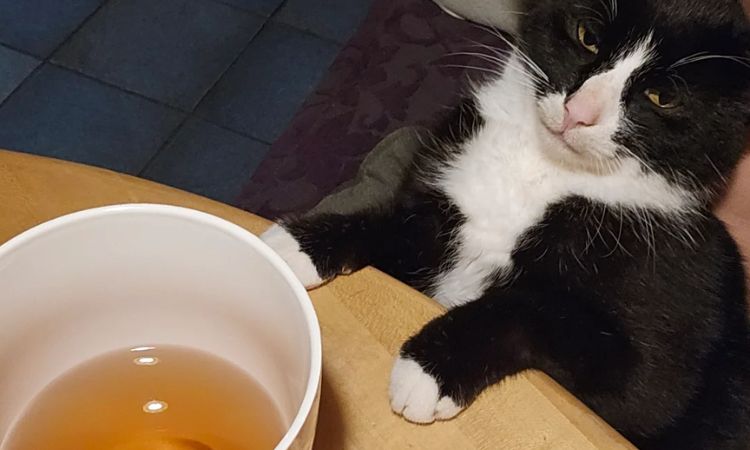
Black tea contains significant amounts of caffeine compared to other types of tea. On average, a cup of black tea can have up to 50 milligrams of caffeine, and this amount can vary depending on the brand, steeping time, and serving size. While green tea contains caffeine, it’s typically in lower concentrations, around 30 milligrams per cup, making it somewhat less risky than black tea. Still, black tea’s high caffeine content makes it a major emergency risk for cats, and it should be kept out of their reach at all costs.
Verdict: Black tea is not safe for cats due to its high caffeine levels, which pose an immediate risk of caffeine toxicity. Even a small sip can lead to potentially dangerous symptoms.
Green Tea and Concentrated Risks
Green tea is often considered a healthier alternative to black tea due to its antioxidant content and lower caffeine levels. While it’s true that green tea generally contains less caffeine than black tea, it still poses risks for cats. A typical cup of green tea contains about 30 milligrams of caffeine, which is enough to cause toxicity in cats, especially if consumed in larger amounts or frequently. Cats are much more sensitive to caffeine than humans, and even lower doses can cause them to exhibit signs of hyperactivity, vomiting, and other toxic reactions.
Many people perceive green tea as a gentle, healthy option, but it still contains sufficient caffeine to be harmful to cats. Ingesting any amount of green tea can lead to a range of issues, from digestive upset to severe neurological symptoms like tremors and seizures.
Tannins and Catechins:
In addition to caffeine, green tea also contains tannins and catechins, both of which can further contribute to digestive problems in cats. Tannins are naturally occurring compounds found in tea that can cause stomach irritation, leading to symptoms like vomiting, diarrhea, and loss of appetite. Although these compounds are not as immediately dangerous as caffeine, they can cause significant discomfort in cats.
Catechins, another compound found in green tea, have beneficial antioxidant properties for humans but may not be as well tolerated by cats. While catechins aren’t directly toxic, they could exacerbate stomach issues or cause other digestive disturbances in cats, especially when consumed in excess.
While green tea is often considered a healthier option for humans, it still poses risks to cats due to its caffeine content and the potential for digestive upset caused by tannins and catechins. Despite its lower caffeine levels compared to black tea, green tea is still unsafe for cats and should be avoided.
Addressing Specific User Queries and Hidden Risks
Decaffeinated Tea: Is It Truly Safe?
Many cat owners assume that decaffeinated tea is harmless, but the truth is more complex. “Decaf” doesn’t mean caffeine-free it simply indicates that most of the caffeine has been removed. Even small residual amounts can overstimulate a cat’s nervous system, leading to restlessness or heart irregularities. So, can cats drink decaf tea? The answer is no. It may seem less harmful than regular tea, but it still carries enough caffeine and chemical residues to pose a risk.
When it comes to decaf green tea, the situation isn’t much better. Although it has lower caffeine levels, it still contains compounds such as polyphenols and tannins that can irritate a cat’s digestive system or affect liver function. While slightly less dangerous than fully caffeinated teas, decaf green tea is not recommended for feline consumption.
Milk, Sugar, and Flavorings
Another common misconception is that adding milk makes tea gentler for cats. However, tea with milk introduces a dual risk. First, caffeine remains a concern, even in diluted amounts. Second, most adult cats are lactose intolerant — their bodies can’t digest milk sugar properly. The result can be bloating, diarrhea, or vomiting. Sweeteners and flavorings like vanilla or caramel compounds make the drink even more harmful. To protect your cat’s digestive and metabolic health, tea with milk (or any additives) should be strictly avoided.
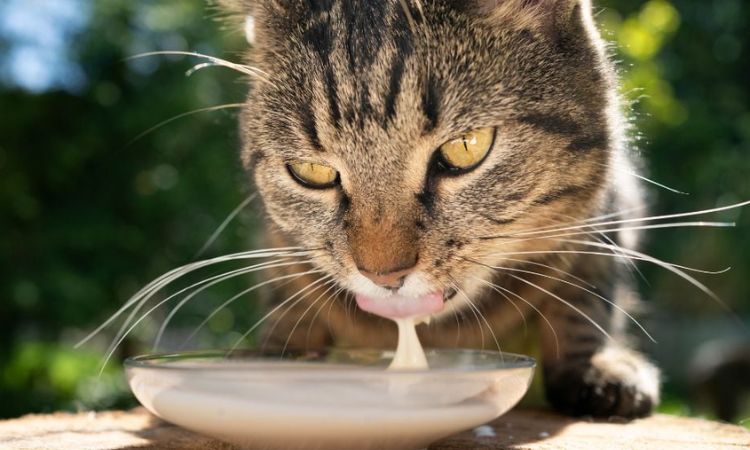
Herbal Teas: The Risky Gray Area
Herbal teas fall into a confusing middle ground. Some may seem natural and harmless, but the safety entirely depends on the herb used. While small amounts of certain single-ingredient herbal teas like catnip tea or mild chamomile (under veterinary guidance) can occasionally be safe, many others are highly toxic. Herbs containing essential oils such as peppermint, eucalyptus, or citrus blends can severely damage a cat’s liver or nervous system.
If you’re tempted to offer your cat herbal tea, remember: even “natural” doesn’t always mean safe. Always check with your veterinarian before introducing any new beverage. The safest rule of thumb? Stick to clean, fresh water, and keep your cat’s curious paws far from your teacup.
Beyond the Brew: Extracts and Scents
Concentrated Supplements
No, cats should never have green tea extract. Green tea extract is a highly concentrated form of the plant, meaning that even a small dose can deliver dangerous levels of caffeine, catechins, and polyphenols. These compounds are difficult for a cat’s liver to metabolize, increasing the risk of toxicity, vomiting, diarrhea, tremors, and rapid heart rate.
Even when labeled as “natural” or “antioxidant-rich,” such supplements are designed for humans—not pets. The concentrated form magnifies the potential side effects of caffeine and EGCG (epigallocatechin gallate), which can lead to liver enzyme elevation and other metabolic disturbances. Unless specifically prescribed by a veterinarian, all green tea extracts and related supplements should be strictly avoided.
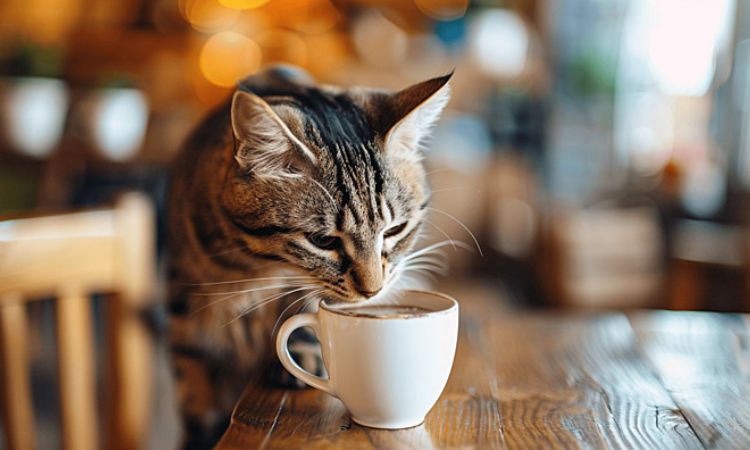
Scents and Essential Oils
No, green tea scent is not safe for cats especially in essential oil form. However, it’s important to distinguish between synthetic green tea fragrances (commonly found in air fresheners and candles) and true Green Tea Essential Oil.
- Synthetic fragrances typically contain minimal plant material and pose lower risk, though they can still irritate sensitive cats if inhaled in poorly ventilated areas.
- Green Tea Essential Oil, on the other hand, is highly toxic. Like all essential oils, it contains concentrated phenols and terpenes that cats cannot process due to their limited liver enzyme function.
Exposure through diffusers, sprays, or skin contact can cause respiratory distress, drooling, vomiting, tremors, or even liver damage. Always keep essential oils and scented products away from cats, and use fragrance-free options whenever possible.
When in doubt, consult your veterinarian before introducing any supplement or scent product near your cat. Keeping their environment free of toxic compounds is the best way to ensure long-term health and safety.


